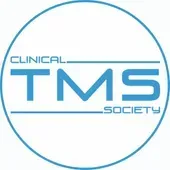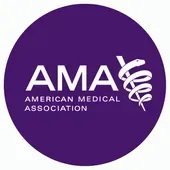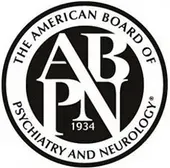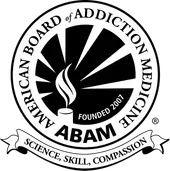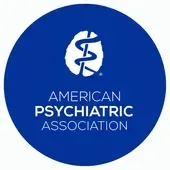TMS For Memory Loss
Memory Loss Treatment in Chestnut Hill
If you or someone you love is experiencing memory loss, then you know just how frustrating and painful it can be. Not being able to recall simple, everyday things or even major life events can be difficult to manage for you and those around you. But with the help of our professional treatment team, memory loss can become something that no longer holds power over you and your loved ones.
Transcranial magnetic stimulation, or TMS, can be used to treat memory loss as well as other psychological and mental health-related symptoms. A painless outpatient TMS treatment plan at Wave Treatment Centers of Chestnut Hill, PA can help aid you in your memory loss recovery and begin to heal the damage caused by memory loss.
"Cognitive impairment and memory loss are very frustrating and the medications have limited benefits. Stimulating the brain with TMS increases neuronal excitation and processing speed. Patients notice feeling a little sharper — and every little bit counts."
Start your Healing Journey
A healthier, happier life starts here — talk to our caring staff today.
Website Form Submission
TMS For Memory Loss FAQ
Frequently Asked Questions
Good experience. Dr. Beatty was very knowledgeable and helpful, and he was very approachable.
Benjamin B.








